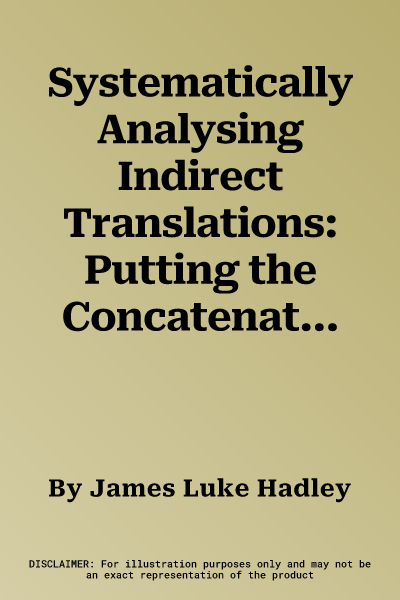James Luke Hadley
(Author)Systematically Analysing Indirect Translations: Putting the Concatenation Effect Hypothesis to the TestHardcover, 11 May 2023

Qty
1
Turbo
Ships in 2 - 3 days
In Stock
Free Delivery
Cash on Delivery
15 Days
Free Returns
Secure Checkout

Part of Series
Routledge Advances in Translation and Interpreting Studies
Print Length
150 pages
Language
English
Publisher
Routledge
Date Published
11 May 2023
ISBN-10
0367244845
ISBN-13
9780367244842
Description
Product Details
Author:
Book Format:
Hardcover
Country of Origin:
US
Date Published:
11 May 2023
Dimensions:
22.86 x
15.24 x
1.12 cm
ISBN-10:
0367244845
ISBN-13:
9780367244842
Language:
English
Location:
Oxford
Pages:
150
Publisher:
Weight:
385.55 gm